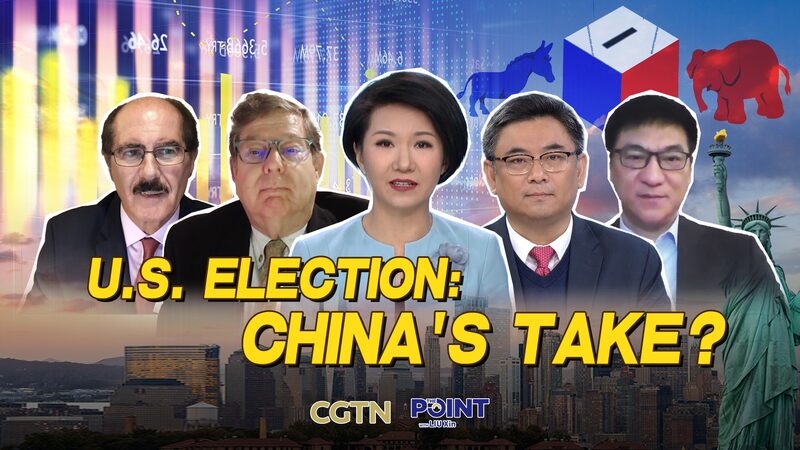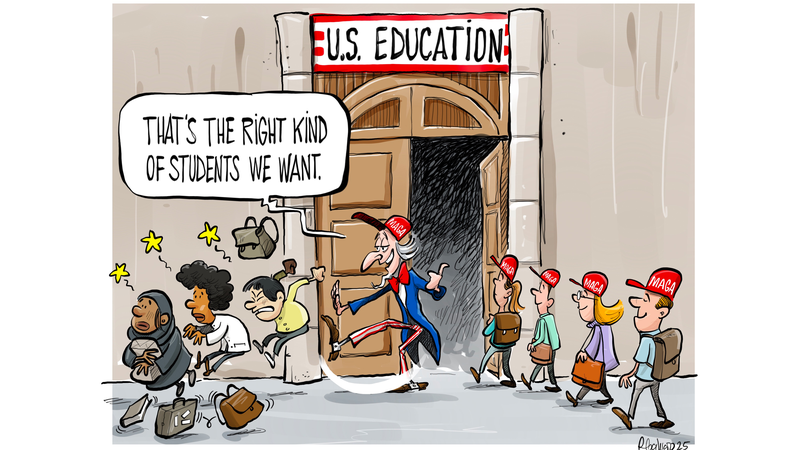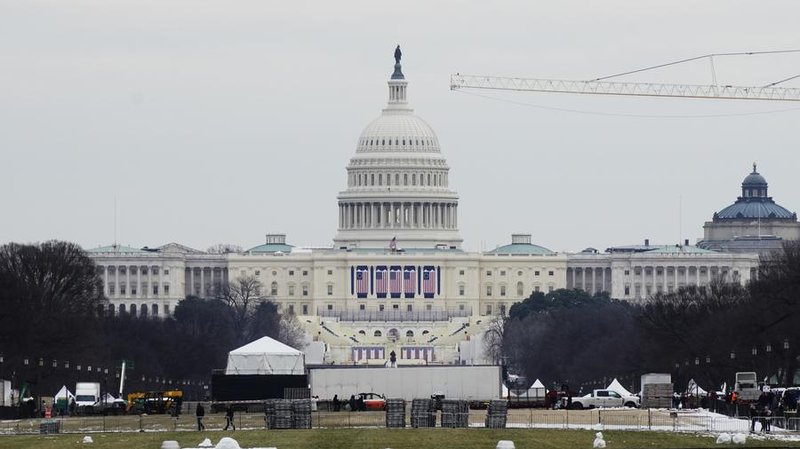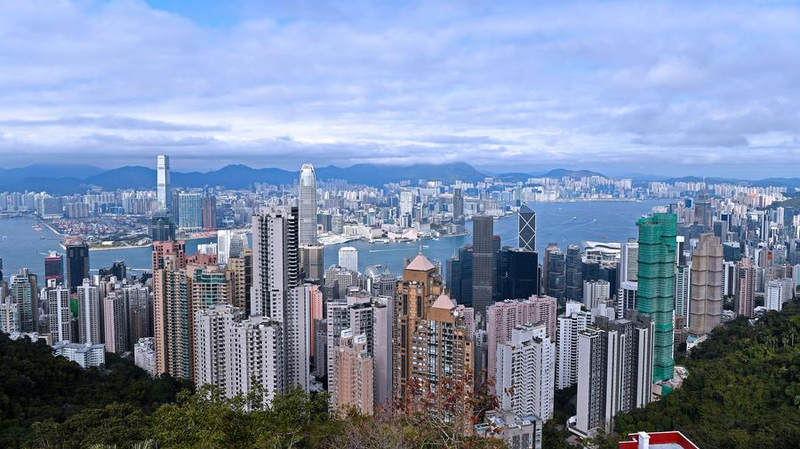As the U.S. election heats up, the world is watching closely to see how the next administration will steer the course of U.S.-China trade relations. Trade has emerged as a pivotal issue, influencing not just economic landscapes but also geopolitical dynamics across the globe.
Former President Donald Trump has been a vocal advocate for aggressive tariffs, aiming to protect American industries and reduce trade deficits. His approach reflects a desire to assert stronger economic boundaries, potentially leading to increased friction in trade negotiations with China.
On the other hand, Vice President Kamala Harris is anticipated to continue President Biden's strategy, often described as a \"small yard and high fence.\" This method focuses on targeted restrictions, aiming to address specific issues without escalating into broad trade wars. Harris's approach seeks to balance the need for economic security with maintaining open channels for trade and cooperation.
So, what are the key differences between these two strategies? Trump's tariff-heavy approach could lead to more immediate and noticeable impacts on trade volumes, possibly benefiting certain domestic industries in the short term. However, it also risks retaliatory measures from China, which could disrupt global supply chains and increase costs for consumers and businesses alike.
In contrast, Harris's targeted restrictions aim to mitigate specific concerns without broadly stifling trade. This approach may foster a more stable and predictable trade environment, encouraging collaboration on issues like intellectual property rights and sustainable practices. While potentially less dramatic in the short term, this strategy could lead to more sustainable trade relations and long-term economic stability.
Ultimately, the choice between these approaches will significantly influence not only U.S.-China relations but also global trade dynamics. Businesses, tech enthusiasts, and global citizens alike are keenly interested in which path the next administration will take, as it will shape economic opportunities and challenges worldwide.
Reference(s):
cgtn.com




